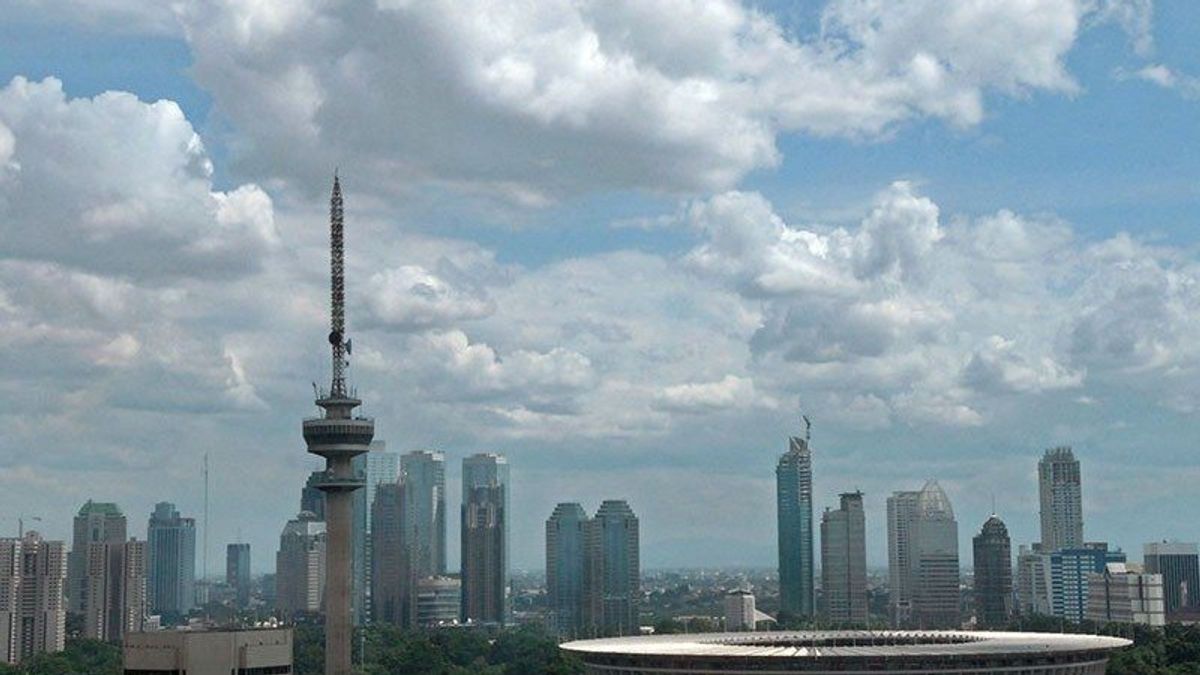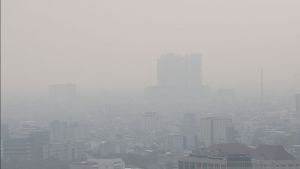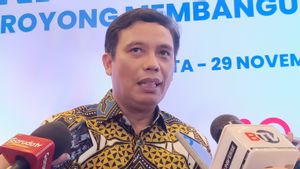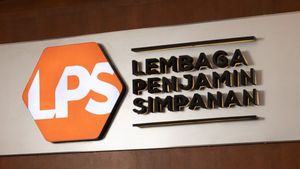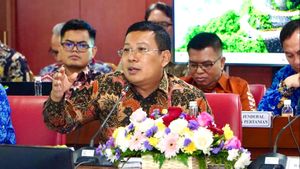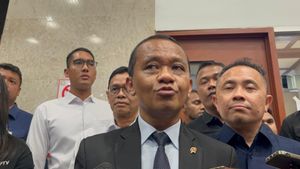JAKARTA - The problem of bad air pollution in Jabodetabek is of particular concern to many parties, including businessmen in Indonesia.
Responding to this, Chairperson of the Indonesian Employers' Association (Apindo) Shinta W. Kamdani said, the problem of air pollution requires a sustainable solution based on all aspects.
"Air pollution requires more sustainable (sustainable) efforts to solve the problem holistically," Shinta said in a statement received by VOI, Monday, August 21.
Shinta said that Apindo encouraged the government to compile a study of the main sources of pollution by including economic impacts and regulatory impacts.
Then, also design regulations to target pollution reduction based on this study, using a holistic and sustainable approach.
He revealed that handling air pollution requires long, medium, and short-term solutions. One of the suggested long-term solutions is an equitable energy transition, taking into account the parties affected by the transition process.
"This will be related to the implementation of the transition from the use of fossil energy to clean and renewable energy, including the acceleration of the use of technology and business infrastructure needed," said Shinta.
According to Shinta, the issue of air pollution is closely related to efforts to reduce global greenhouse gas emissions, so that just energy transition also requires support from the international community.
Meanwhile, government support on a national scale requires financing, investment mobilization, and fiscal incentives. For example, related to tax holiday incentives for the development of renewable energy without considering the investment value.
"Thus, local entrepreneurs who build small-scale generators at a cost below the investment limit are also entitled to a tax holiday," she said.
The short-term solution is to focus on enforcing existing pollution control regulations, for example emission test policies, banning waste burning, incentive policies for the use of public electric vehicles.
Then, providing a stimulus for business actors to reduce emissions through incentive policies to replace production machines to make them more environmentally friendly, as well as carbon market policies and carbon taxes.
Meanwhile, for medium-term solutions, Apindo also supports programs related to the needs of the wider community, including increasing the procurement of environmentally friendly modes of transportation, such as electric vehicles and Mass Rapid Transport (MRT), and supply chain decarbonization.
SEE ALSO:
"APINDO also supports the collection of accurate data in real time, such as air quality sensors in many places as a crucial solution to increase public awareness regarding increasing air pollution," said Shinta.
Furthermore, Shinta said the government's target of achieving Net Zero Emissions (NZE) in 2060 which regulates risk mitigation and adaptation to climate change needs to be carried out in a reasonable and fair manner.
"Therefore, the implementation of macro and micro decarbonization needs to be carried out in an end-to-end manner in the supply chain," she said.
He even considered that the work from home (WFH) policy was not only temporary and reactive. This is because not all business sectors can implement WFH, such as factory workers who have to carry out production activities. "A study of the main sources of pollution is also needed with a number of considerations," she concluded.
The English, Chinese, Japanese, Arabic, and French versions are automatically generated by the AI. So there may still be inaccuracies in translating, please always see Indonesian as our main language. (system supported by DigitalSiber.id)
